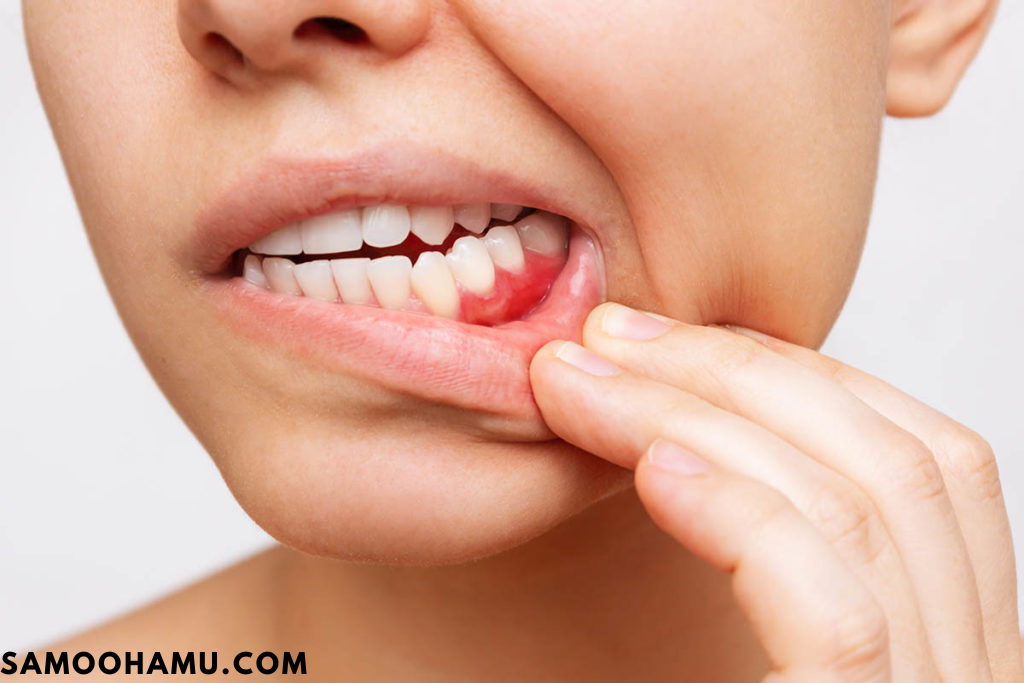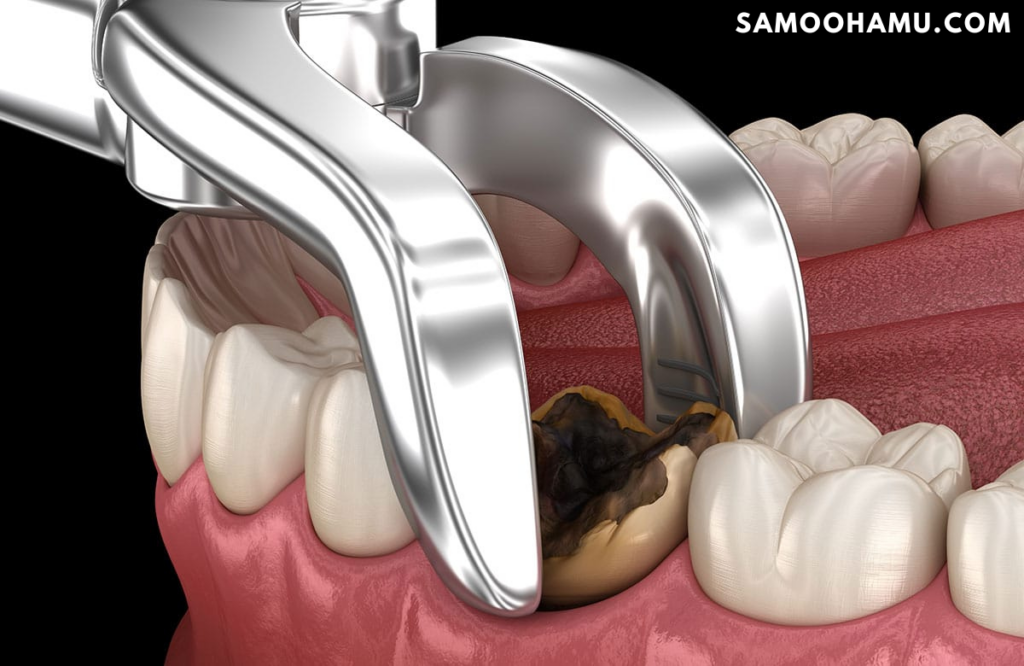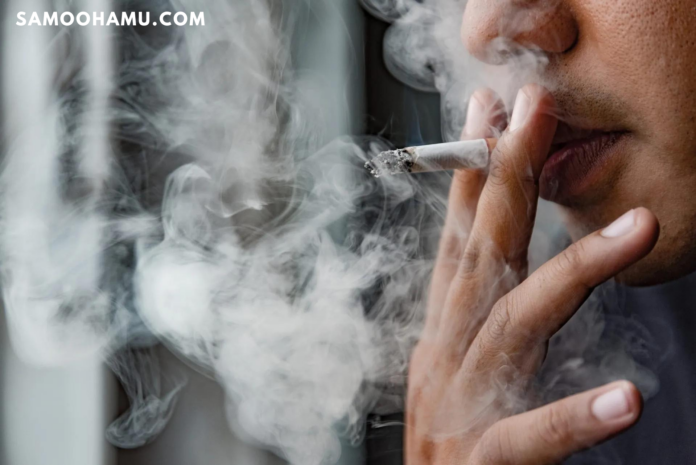Welcome, dear readers, to a topic that will truly hit home for many of us – the impact of smoking on our precious pearly whites. We all know that smoking poses numerous health risks, but did you ever stop to consider how it affects your oral health? Prepare to have your mind blown (and not in a good way) as we dive into the hidden dangers lurking behind every puff.
Picture this: an enchanting smile with shining teeth. Now imagine smoke billowing out from behind those once bright pearls. Not such an appealing image after all, is it? Let’s explore just how smoking turns this dreamy scene into a nightmare for your oral health and discover why bidding farewell to cigarettes might be the smartest move you’ll ever make! So grab your toothbrushes and let’s delve into the fascinating world of how smoking impacts our mouths!
1. Effects of Smoking on Teeth

Our teeth are not just tools for chewing; they’re also an integral part of our appearance. Unfortunately, smoking can wreak havoc on those pearly whites in more ways than one.
First and foremost, let’s talk about gum disease. Smoking increases the risk of developing gum disease, which is caused by a buildup of plaque and bacteria along the gumline. This nasty habit weakens your immune system, making it harder for your body to fight off infections. As a result, you may experience swollen gums that bleed easily – never a pleasant sight or sensation!
Now let’s address everyone’s worst nightmare: stained teeth and bad breath! The tar and nicotine found in cigarettes leave behind stubborn stains on tooth enamel over time. These unsightly stains can range from yellowish hues to deep brown shades – definitely not the look we were going for! And if that isn’t enough to make you think twice before lighting up another smoke break, smoking also contributes to chronic bad breath (halitosis). No amount of mints or mouthwash will mask this foul odor caused by tobacco residue lingering in your mouth.
So there you have it – two major consequences of smoking when it comes to our oral health: gum disease and stained teeth with accompanying bad breath. But wait! There’s so much more to uncover regarding how this addictive habit affects our overall oral well-being… Keep reading as we dive deeper into these hidden dangers!
1. Gum Disease and Smoking

Smoking not only takes a toll on your overall health, but it can also wreak havoc on your oral health. One of the most common and detrimental effects of smoking is gum disease.
When you light up that cigarette, the harmful chemicals in tobacco smoke irritate and inflame the delicate tissues in your mouth. This inflammation can lead to an increased risk of bacterial infections and weaken your body’s ability to fight off these infections effectively.
As a result, smokers are more prone to developing gum disease, also known as periodontal disease. Gum disease starts with gingivitis, which causes redness, swelling, and bleeding gums. If left untreated, it progresses into periodontitis – a more severe form that damages the soft tissue and bone supporting your teeth.
What makes matters worse is that smoking interferes with the healing process once gum disease sets in. The toxins present in cigarettes impair blood flow to the gums, making it even harder for them to heal properly.
Moreover, smoking masks one of the telltale signs of gum disease: bleeding gums. This means that smokers might not realize they have a problem until their condition has worsened significantly.
So if you’re a smoker concerned about keeping those pearly whites intact and avoiding painful dental procedures down the line, quitting smoking should be at the top of your list!
Remember – taking care of your oral health involves more than just brushing and flossing regularly; it means kicking unhealthy habits like smoking too! Your teeth will thank you for it!
2. Stained Teeth and Bad Breath

Did you know that smoking can leave an unsightly mark on your pearly whites? Yes, it’s true! Smoking is one of the leading causes of stained teeth. Those yellowish-brown stains are not exactly a fashion statement. They can make your smile look dull and unhealthy.
But why does smoking cause tooth discoloration? Well, tobacco contains tar and nicotine, which have a knack for sticking to tooth enamel like glue. Over time, these substances build up and create those stubborn stains you just can’t brush away easily.
Not only do smokers have to deal with stained teeth, but they also often suffer from another unfortunate consequence: bad breath. You see, smoking dries out your mouth by reducing saliva production. Without enough saliva to wash away bacteria and food particles, they start to decompose in your mouth – yuck!
The result? A foul odor that no amount of mints or mouthwash can mask completely. So if you want fresh breath that doesn’t send people running in the opposite direction, maybe it’s time to consider kicking the smoking habit.
Remember that quitting smoking not only benefits your oral health but also improves your overall well-being. Stay tuned for more eye-opening revelations about how smoking negatively affects your oral health!
2. Smoking and Oral Health Conditions

When it comes to smoking, most people are aware of the detrimental effects it has on their overall health. However, what many don’t realize is that smoking also takes a toll on their oral health. The damage caused by smoking goes beyond just stained teeth and bad breath.
One of the major oral health conditions associated with smoking is slow healing after dental treatment. Smoking reduces blood flow and oxygen levels in the mouth, making it harder for wounds to heal properly. This means that if you undergo any dental procedure, such as tooth extraction or gum surgery, your recovery time will be longer if you’re a smoker.
Another serious risk of smoking is an increased likelihood of developing mouth cancer. Tobacco contains numerous harmful chemicals that can lead to cellular mutations and eventually cancerous growths in the mouth. It’s estimated that smokers are six times more likely to develop oral cancer compared to non-smokers.
Additionally, smokers are more prone to periodontal disease, commonly known as gum disease. This condition causes inflammation and infection of the gums, leading to symptoms like swollen gums, bleeding when brushing or flossing, and even tooth loss in severe cases. Smoking weakens the immune system’s ability to fight off bacteria in the mouth, which accelerates gum disease progression.
1. Slow Healing After Dental Treatment

Have you ever wondered why your mouth takes longer to heal after dental treatment if you’re a smoker? Well, smoking can have a significant impact on the healing process, and not in a good way.
When you smoke, the chemicals in cigarettes interfere with the blood flow in your body, including the small blood vessels in your gums and oral tissues. This reduced blood flow means that essential nutrients and oxygen have a harder time reaching the affected area, slowing down the healing process.
Additionally, smoking weakens your immune system, making it less effective at fighting off infections. This makes smokers more susceptible to complications such as gum infections or dry sockets after procedures like tooth extractions or dental implants.
Furthermore, smoking causes inflammation throughout your body, which can further hinder healing. Inflammation delays tissue regeneration and repair processes necessary for proper healing.
It’s important to note that even if you quit smoking temporarily around the time of dental treatment, it may still impact your ability to heal properly. The effects of smoking linger in your system for quite some time.
So if you want to ensure faster healing after dental treatments and reduce complications risks like infection or implant failure – quitting is key! By giving up smoking altogether, you’ll provide yourself with better chances of achieving optimal oral health outcomes post-treatment.
2. Increased Risk of Mouth Cancer

Did you know that smoking dramatically increases your risk of developing mouth cancer? It’s a harsh reality, but an important one to understand. The chemicals in cigarettes can cause changes in the cells of your mouth, leading to the development of cancerous tumors.
When you smoke, these harmful substances enter your body and linger in your oral cavity. Over time, they can damage the DNA in the cells lining your mouth and throat. This damage can lead to abnormal cell growth and eventually turn into cancer.
Mouth cancer is a serious condition that can have life-altering consequences. It can affect not only your ability to speak and eat but also impact your overall health and well-being. Symptoms may include persistent sores or ulcers, difficulty swallowing or chewing, unexplained bleeding or numbness in the mouth or lips.
The sad truth is that smokers are six times more likely than non-smokers to develop this deadly disease. The longer you smoke and the more cigarettes you consume each day, the higher your risk becomes.
If you’re a smoker concerned about oral health, quitting smoking should be at the top of your priority list. By giving up cigarettes, you’ll significantly reduce your chances of developing mouth cancer as well as other serious oral health conditions.
Remember that it’s never too late to quit smoking – every day without a cigarette brings positive changes for both your oral health and general well-being!
3. Quitting Smoking for Better Oral Health

Now that you’re aware of the hidden dangers smoking can pose to your oral health, it’s time to take action. Quitting smoking is undoubtedly a challenging journey, but the benefits for your oral health are well worth it!
By quitting smoking, you can significantly improve your dental and gum health. Here are some steps you can take towards a smoke-free life:
1. Seek Support: Don’t hesitate to reach out for support from friends, family, or even professional cessation programs. Having a strong support system in place will make the quitting process easier.
2. Set a Quit Date: Choose a day that marks the beginning of your smoke-free journey and stick to it. This will give you something tangible to work towards.
3. Find Healthy Alternatives: Replace the habit of reaching for cigarettes with healthier alternatives like chewing sugar-free gum or snacking on crunchy fruits and vegetables.
4. Practice Good Oral Hygiene: Brushing twice daily with fluoride toothpaste and flossing regularly will help maintain good oral hygiene as you quit smoking.
5. Visit Your Dentist Regularly: Schedule regular check-ups with your dentist so they can monitor your progress and address any concerns related to tobacco use.
Remember, quitting smoking not only improves your oral health but also has numerous other benefits for overall wellbeing – from reducing the risk of heart disease to improving lung function! You’ll be amazed at how much better you feel both inside and out once you kick this harmful habit.
So why wait? Take control of your oral health today by saying no more to cigarettes! Your teeth and gums will thank you in more ways than one – brighter smiles, fresher breaths, and stronger foundations await on the other side of this courageous decision!
Remember – every small step counts when it comes to embracing a healthier lifestyle free from tobacco’s grip!




